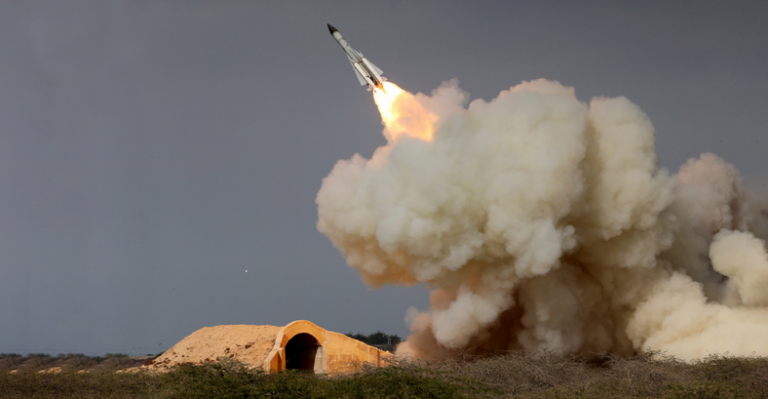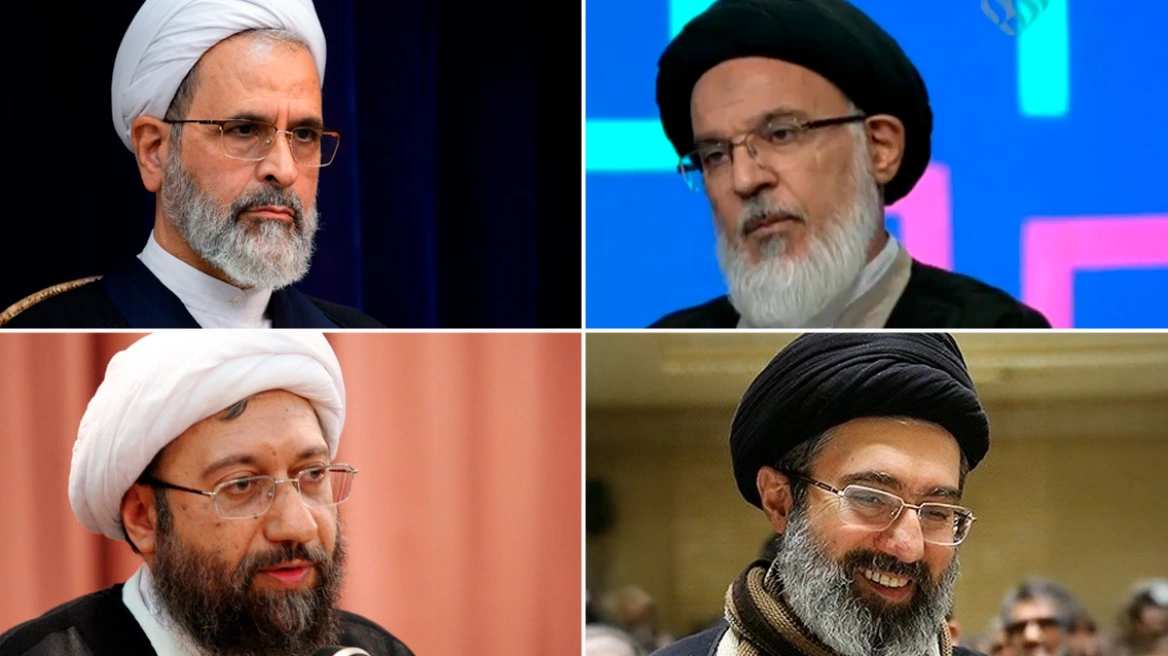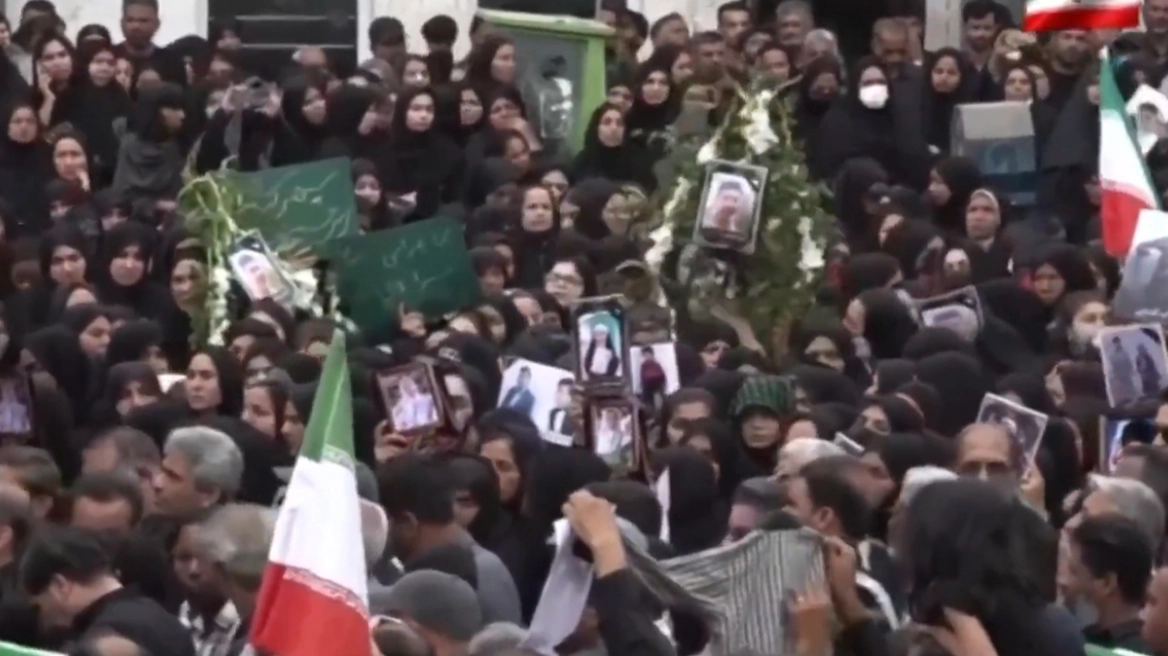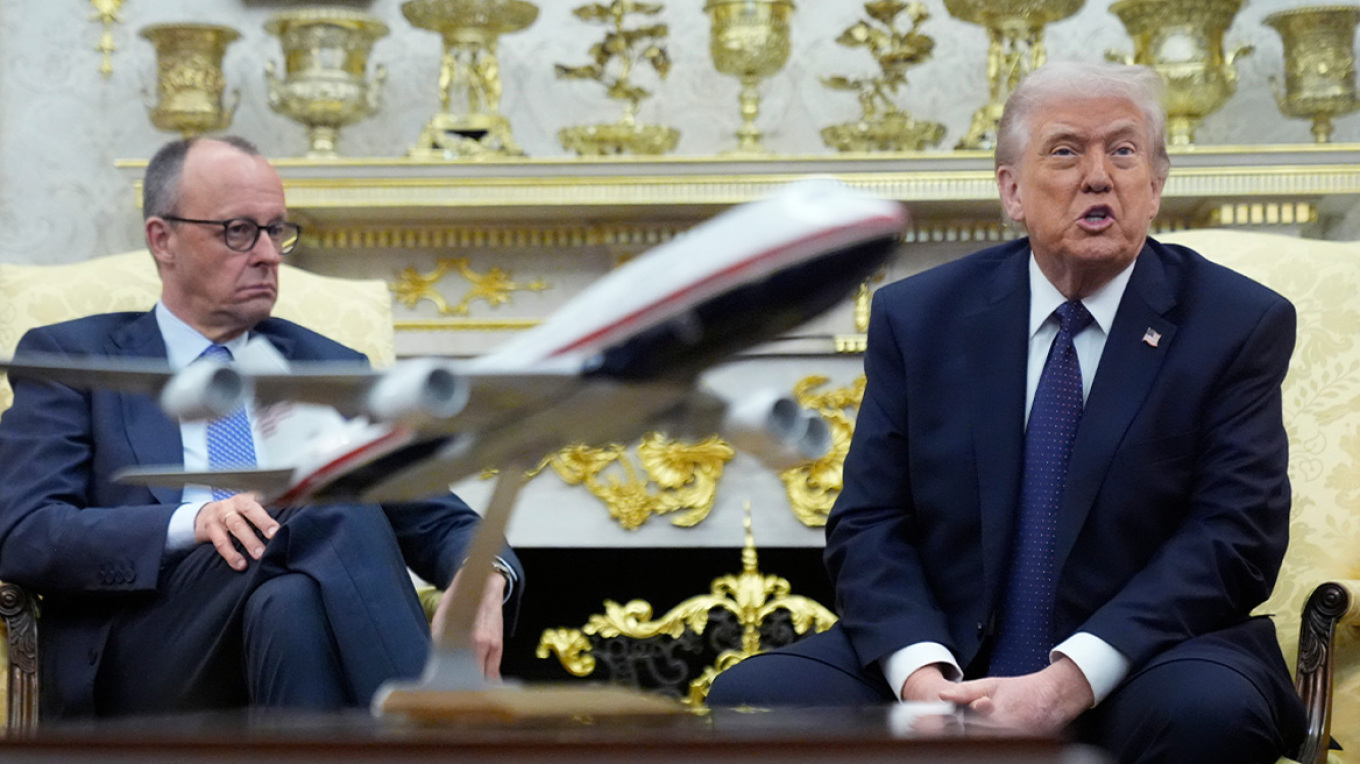In a statement released by Metropolitan Cleopas of Sweden, he unequivocally condemned the burning of the Quran in Scandinavian countries.
In the wake of the rally held yesterday (Jul. 31, 2023), as well as similar rallies held in both Sweden and Denmark, where activists received permission to assembly, in accordance with the rights afforded to them by the Constitutions of the aforementioned nations, where, however, an isolated number of individuals driven by specific motives, proceeded to burn copies of the Quran on three different occasions, I see it fit to express our opposition as the Ecumenical Patriarchate’s Eparchy in Scandinavia regarding not only these specific actions but any effort that aims to disparage sacred symbols that reflect the religious beliefs of billions of people worldwide.
We need to be mindful of Article 9 of the European Convention for the Protection of Human Rights and Fundamental Freedoms (ECHR), which makes reference to freedom of thought, conscience, and religion, as well as the right to manifest one’s religion or belief.
Moreover, Article 10 of the Treaty on the Functioning of the European Union states, among other things, that: “the EU will combat discrimination based on sex, racial or ethnic origin, religion or belief…….”.
Article 17 of the same treaty also states that:
“1. The Union respects and does not prejudice the status under national law of churches and religious associations or communities in the Member States.
2. The Union equally respects the status under national law of philosophical and non-confessional organisations.
3. Recognising their identity and their specific contribution, the Union shall maintain an open, transparent and regular dialogue with these churches and organisations.”
In accordance with Article 10, Section 1 of the Charter of Fundamental Rights of the European Union, which deals with “Freedom of thought, conscience, and religion,” it is state that: “Everyone has the right to freedom of thought, conscience and religion. This right includes freedom to change religion or belief and freedom, either alone or in community with others and in public or in private, to manifest religion or belief, in worship, teaching, practice and observance.
Article 22 of the Charter, which covers “Cultural, religious, and linguistic diversity,” notes that: “the Union shall respect cultural, religious, and linguistic diversity.
Article 52, Section 3 of the Charter declares that: “In so far as this Charter contains rights which correspond to rights guaranteed by the Convention for the Protection of Human Rights and Fundamental Freedoms, the meaning and scope of those rights shall be the same as those laid down by the said Convention. This provision shall not prevent Union law providing more extensive protection.
According to Article 53 of the Charter, entitled “Level of protection”: “Nothing in this Charter shall be interpreted as restricting or adversely affecting human rights and fundamental freedoms as recognised, in their respective fields of application, by Union law and international law and by international agreements to which the Union or all the Member States are party, including the European Convention for the Protection of Human Rights and Fundamental Freedoms, and by the Member States’ constitutions.
In addition, according to Article 1 of EU Council Directive 2000/78, and specifically in Articles 1, 2 Sections 1 and 2, as well as Article 4, Section 2, a general framework to combat discrimination due to religion or belief has been established.
Therefore, in accordance with the legal framework and charter currently in effect, which is implemented in every EU member state, the protection, respect, and defense of religious freedom constitutes one of the citizens’ fundamental rights of life and expression.
Fully conforming to this framework, His All-Holiness Ecumenical Patriarch Bartholomew sent a message to Turkey’s Head of Religious Affairs stating that “we strongly condemn the brutal, haughty, and disrespectful attacks against the Sacred Quran, which first took place in Sweden and then Holland, within the period of one week. We earnestly believe that the overwhelming majority of people either in Sweden or Holland, wholeheartedly condemn these primitive behaviors and those who undertook them.”
He concludes by noting that “our duty as religious leaders is to preach respect for all that members of different religions hold sacred and holy, maintain this same direction, and all together condemn such disrespectful behaviors.”
It is unacceptable for some people to misguidedly believe that the desecration of religious symbols by isolated individuals expresses the citizens of the Scandinavian Nations in their entirety. These nations have proven in practice just how much they respect all religious communities without exception, and support their ministry through state grants and programs.
Responding to the burning of a Quran by an Iraqi refugee in Sweden, the Prime Minister of Sweden His Excellency Ulf Kristersson stated that “there is no reason to insult other people.” He went on to add that “I believe that just because some things are legal, that doesn’t necessarily mean that they are appropriate.”
Taking all of the above into account and in light of the fact that Christ and His Gospel preach peace and respect for coexistence among people, we pray that these isolated incidents do not mar the image and intentions of people to display mutual respect and purse peaceful coexistence. It is our hope that these isolated sacrilegious actions are never again repeated.
Ask me anything
Explore related questions





